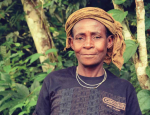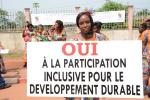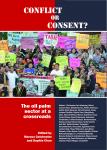
Independent Evaluation of the Complaints Mechanism and the functioning of the Mambele Human Rights Centre
17 Feb 2022
Independent Evaluation of the Lobeke Complaints Mechanism and the functioning of the Mambele Human Rights Centre, East Cameroon
















